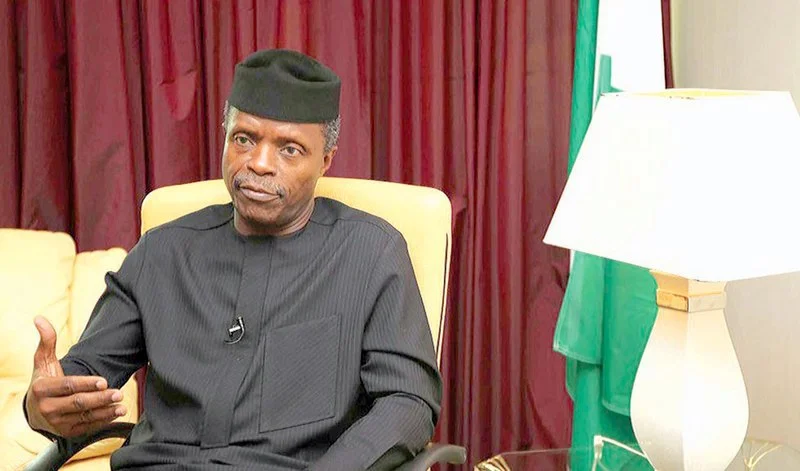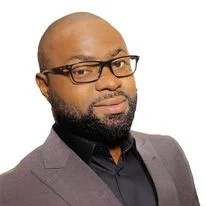The Sultan of Sokoto, Alhaji Sa’ad Abubakar III, has condemned pastors and Imams that incite violence and politicize religion in Nigeria.
Abubakar made the condemnation on Sunday at an inter-faith session he held with Christians and Muslims in Akure, the Ondo State capital.
The session was a prelude to the public lecture marking the Akure Ulefunta festival he is billed to deliver on Monday.
The lecture is entitled “Our Diversity, a Divine Gift and Blessings untapped: Wrong Path trodden and Way to Peace.”
The Sultan said clerics must restrain themselves and mind their words while preaching, so as not to complicate issues in the country.
He added that it was disheartening that some clerics were fond of taking undue advantage of their followers, enriching themselves while their followers wallow in abject poverty.
“Don’t politicize religion because God does not belong to any political party.
“The bible doesn’t belong to any political party, nor does the Quran.
“If you are a good pastor, Imam, teach people how to salvage their lives, for this life is a temporary one, the permanent life is eternal.
“There is a lot of materialism out there. They move in convoys with guns, big vehicles, saying they are the founders of churches, as well as some Islamic movements, all in the bid to make worldly things for themselves and their followers just shouting Alleluia, shouting Allahu Akbar.
“They are getting richer and richer and the common man is getting poorer and poorer,” he said.
He admonished followers of all faiths to respect one another, saying “there is a common thread between Christians and Muslims” which should be deployed to the good of the society.
Abubakar emphasised the importance of coming together to talk on all issues affecting the country, so as to arrive at a consensus.
“If I sit down in Sokoto and you are here in Akure we will not communicate properly, but by coming here, we found out that we all have the same agenda but we are not executing it the same way.
“The more you come close to know one another, the better we function as one family.”
The Sultan stressed that religious leaders must tell the truth to those in authority, as that would help the government to maintain peace and stabilise the country.
“Let’s never get tired or be afraid to come together to talk, no matter how tough, bad or negative things seem to be.
“If we sit down at the dialogue table, we will resolve all issues. Communication is the most important.
“If people take up arms against one another, they will one day come to the dialogue table.
“If you know you can sit down and find solution to your problem, why take up arms in the first place?
“That is why religious leaders must always preach peace, must always talk about dialogue and must never talk about picking up arms to kill one another because you don’t create life, life belongs to God Almighty and you can’t take life because you never created it.
“We must always preach godliness and understanding,” he said.
The Sultan also talked about the alleged demolition of a mosque in Rivers, saying that the Nigeria Inter-Religious Council was handling the matter “in a quiet manner.”
“We have talked to CAN in Rivers.
“We don’t make noise in resolution of issues. We stepped into it. They sent us documents and all. I am not the type that likes talking to the press.
“You can hardly hear me granting interview to pressmen. Even in the North, I hardly speak in Hausa so that they don’t twist my statement. I speak English.
“We must work together, we must tell our leaders the truth; we must tell ourselves that there is a lot of insecurity all over the place and we must sit down together and find solutions to it.
“We mustn’t apportion blames to one president or another,” he said.
Earlier, Oba Aladetoyinbo Aladelusi, the Deji of Akure, applauded the Sultan for his interventionist roles in resolving conflicts all over the world.
He prayed for the success of the Sultan’s engagements in the state.




2 Comments